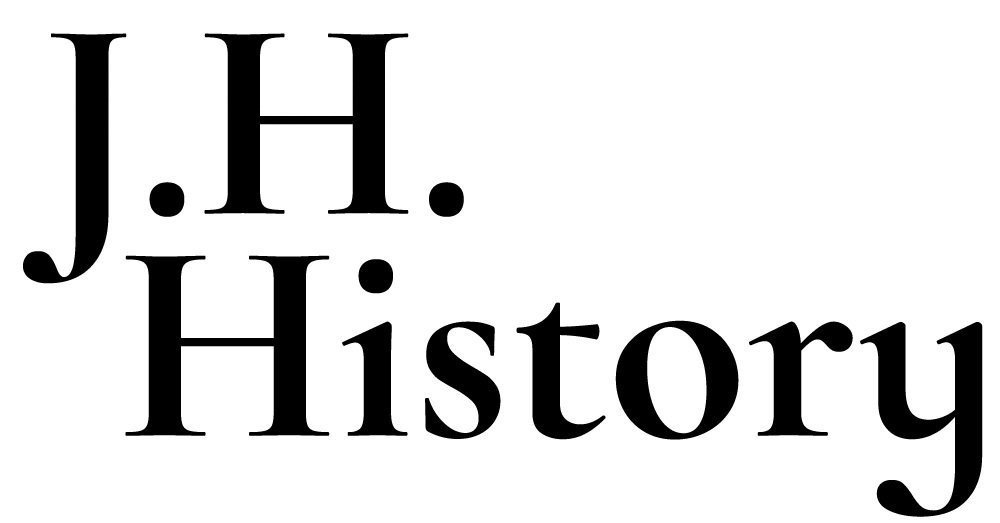Books that shaped a nation
With an illiterate population, the few who could read were subjected to censorship – a lack of books to read[i]. In Elizabethan England, two books shaped the minds of the ruling class. These two books influence the lives of farmers, the military, and especially the parliament. Most of the two works were not original. They set the tone for people to consider themselves better than the rest of humanity. The rest of humankind should worship it or bow to the English Crown as the Crown was directly related to God. When Thirteen Became One, read how this influenced King George III and his prime minister's treatment of the thirteen colonies.
The Geneva Bible and John Foxe's Book of Martyrs both justified English Protestants' view that England was an elect nation chosen by God to complete the work of the Reformation. Though there were previous translations of the Bible into English, the Geneva Bible, too many, was the most accurate and complete translation with a leaning towards England as the Global power of God. For the 16th-century English Protestants, it was the source of their power. The Bible guided Oliver Cromwell's actions that reflected his belief in the English power as expressed in the Bible. William Shakespeare, John Knox, John Donne all read it and showed how it influenced their work. It was the Bible of John Bunyan, the author of The Pilgrim's Progress.
The Geneva Bible was readily available, as few books were since the Protestant British Parlement endorsed. Though the King James Bible was available (printed in 1611), Many on the Mayflower and others brought the Geneva Bible to America. Read more in - When Thirteen Became One, Chapter 2: What they brought with them. Many English Dissenters used the Geneva Bible. Oliver Cromwell's soldiers still considered it their Bible. They carried it during the English Civil War as it was known as Cromwell's Soldiers' Pocket Bible,"
The third book, a translation like the Geneva Bible, was the King James Bible of 1611. At the death of Queen Elizabeth I in 1603, Scotland and England united under King James VI of Scotland. He then took the title of King James I of England. Though born a Catholic, James was raised a Protestant and ascended to the Scottish throne in 1567 when his mother, Mary Queen of Scots, was imprisoned and forced to relinquish her position.
During a ministerial conference at Alverdour Conference, there was a discussion about writing a new translation of the Bible. Puritans and Scottish Presbyterians influenced their decision. They wanted a Bible different from the Bishops' Bible and the Anglican Church. King James argued that in the Tyndale translation, Ekklesia in Matthew 16:18 referred to Christ building His "congregation," should be translated as "church." King James also argued the Geneva Bible's translation of Matthew 2:20 seemed to brand all kings as tyrants.
At the Hampton Court Conference in 1604, King James authorized and instructed theologians to write a new translation for British subjects that were more poetic. He gathered forty-seven scholars who dedicated their lives to producing the King James Authorized Version of the Bible in 1611. Its dedication read: "To the most High and Mighty Prince James, by the grace of God, King of Great Britain, France, and Ireland, Defender of the Faith, &c."
Foxe's Book of Martyrs
John Foxe could be called one who orchestrated the development of Elizabethan England's idea of a soul, afterlife, and how to get to heaven. His writing was somewhat hard to read and was often misunderstood. Most of his writing was controversial in his writings. He wrote of people being citizens and not subjects, that everyone could own property, and other non-conformist ideas. He was held in the King's graces because he supported the British balance of government and commerce. He wrote how happy he was at the return of the Gospel to England,
Foxe's Book of Martyrs included The Actes and Monuments. It was an account of the Protestant struggle and history. First published in 1563 by John Day, it had details of the sufferings of Protestants under the Catholic Church in both England and Scotland. Once printed and distributed, individuals in other countries read about the treatment of Protestants at the hands of Catholics and the Catholic Church. The descriptions portrayed of Catholics highly influence many's opinions of Catholicism.
Many British and American Leaders used God and Scripture as a vehicle to unify their people and give a blessing to the atrocities of war - in the name of God. [ii]
[i] The Historical Journal , Volume 20 , Issue 1 , March 1977 , pp. 1 - 23
DOI: https://doi.org/10.1017/S0018246X00010918[Opens in a new window]
[ii] Albert Soto, “The American Revolution Rebellion” A True Church
